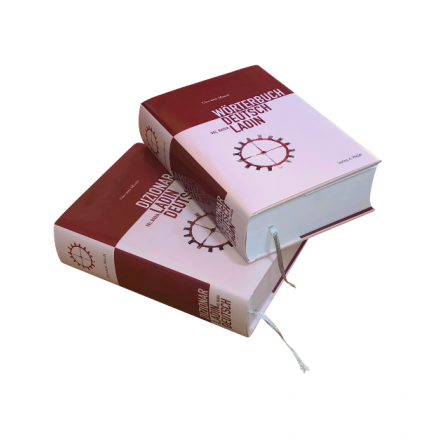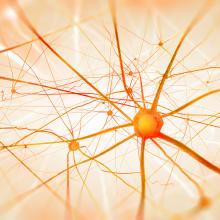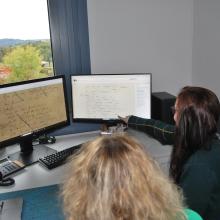Online dictionary Ladin-German / German-Ladin

Project Management: Dr Thomas Burch (Universität Trier - Trier Center for Digital Humanities (TCDH)) · Giovanni Mischí
Sponsors: Stiftung Südtiroler Sparkasse
Running time: since
Contact person (TCDH): Dr Thomas Burch
Research Area: Software Systems and Research Infrastructure, Digital Edition and Lexicography
Keywords: Retro Digitization, #Wörterbuchnetz
Like all linguistic minorities, the Dolomite Ladins face the challenge of continually adapting their language to new demands and providing adequate terminology for the growing need for names in all possible areas of everyday life. Ladin is a Rhaeto-Romance language spoken in the Dolomites of northern Italy. Although this minority language is used by a relatively small community, it is nonetheless an important part of the region's cultural heritage.
In an era of digitalization and global networking, traditional boundaries of language and culture are virtually overcome, yet minority languages and their cultural heritage – including Ladin – often fall behind. While major languages can offer their learners a variety of online resources, minority languages face significant challenges, especially in access to didactic tools and educational materials. Ladin is largely linguistically isolated and lacks a larger language area or hinterland from which it could benefit. Therefore, it must develop all means and tools largely independently and with its own resources.
Based on the comprehensive two-volume dictionary (Ladin-German/German-Ladin) published in 2021, a user-friendly digital reproduction of the print work, i.e., an online version, has been created.
By providing free access to the dictionary, a significant contribution will be made to the expansion, dissemination, and preservation of the Ladin language. At the same time, intercultural communication between the Ladin and German-speaking communities will be promoted. The online dictionary will serve as a practical tool for language learners, researchers, and the general public.
Such an online format of the two dictionary volumes has long been a pressing desideratum for the Ladin community and could now be tackled with the expertise and support of the Competence Center – Trier Center for Digital Humanities and completed by the end of June 2024.
A freely available online German-Ladin/Ladin-German dictionary makes the dictionary entries instantly accessible, thus reaching new user groups. It breaks the narrow confines of a strictly alphabetical access in the printed book and offers researchers and interested parties worldwide numerous aids, especially due to the variably searchable database. In this innovative way, it will enable an immersion into the word worlds of Ladin and thereby open up new perspectives for the study of Ladin.
The new online dictionary is aimed at all those who work professionally with Ladin; these are primarily teachers, students, translators, and newspaper editors as well as scientists and specialists in the technical field. With the help of this dictionary, the production and translation of official texts and texts of particular public relevance, such as in the fields of education and culture, municipal administration, or media, are to be facilitated and promoted. However, the dictionary is not only aimed at users in the Gader Valley but at Ladins in general: On closer inspection, they will find that the commonalities and connections emerge more strongly than what seems to superficially separate the individual idioms.
Related projects: The Dictionary Network
Team TCDH
Dr Thomas Burch
E-mail: burch uni-trier [dot] de
uni-trier [dot] de
Phone: +49 651 201-3364







